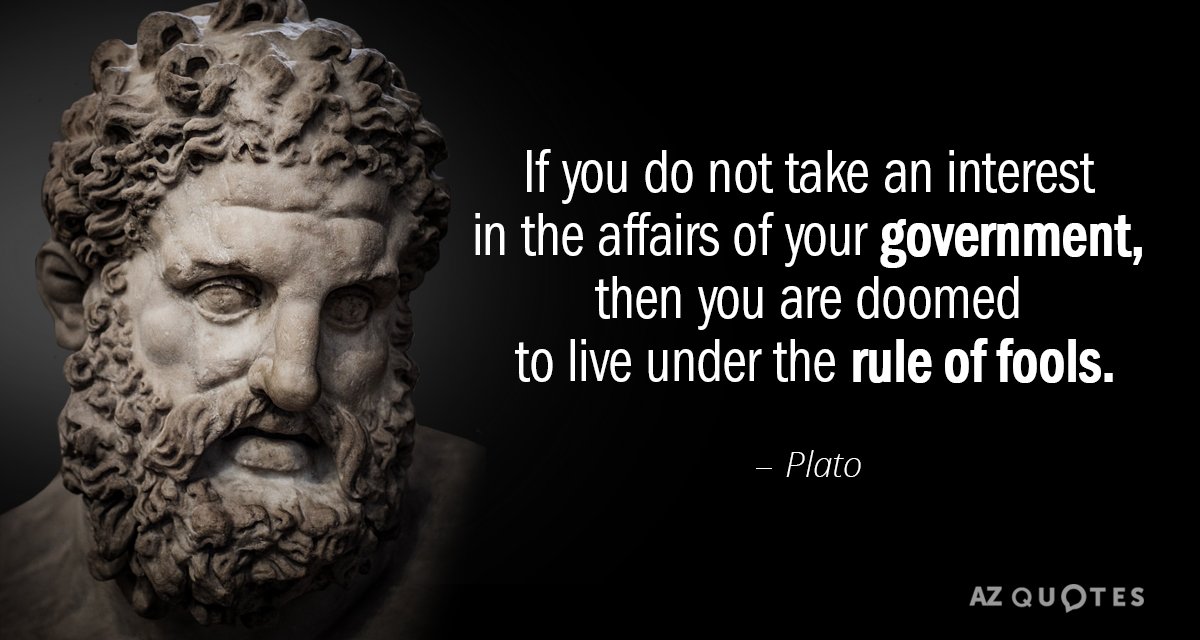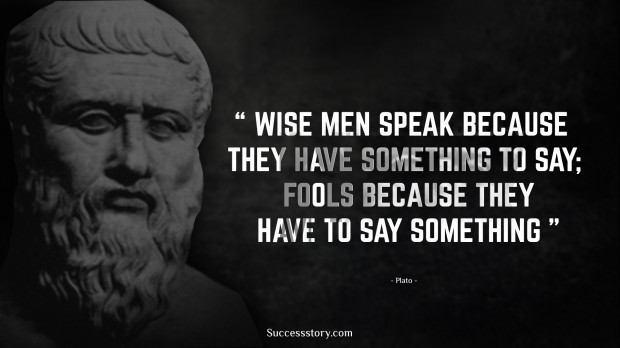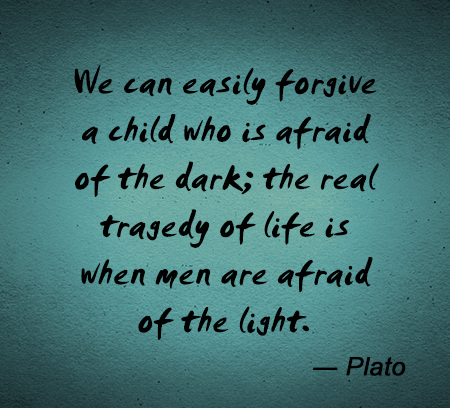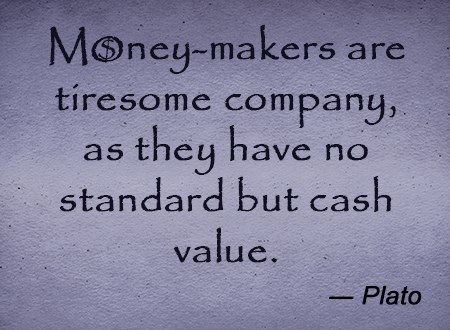Many sincere Filipino activists have their own views and ideas about how to run this country. But the traditional politicians are so strong that they can dictate at any election who shall win. We are not really politically independent yet because our votes do not count at all in that case. We are under the control and manipulation of people who know the ins and outs of the electoral system.
Even the COMELEC is not helpful and does not undertake proper and holistic educational activities to make the people increase their knowledge and raise their standards for who is an excellent leader of the country. Instead, they allow their regionalistic attitudes to sway them as to who shall win, or they allow the local leaders to buy their votes.
In other words, during the election period, not much discussion is done as to the program and plans of the candidates. Their personalities count more than whether they are prepared to lead.
I think that in overhauling our electoral system, we should make the candidates free from the burden of advertising themselves. Fund raising should be free from manipulation of corporations, or wealthy individuals, of labor unions who would dictate the candidates to be voted upon in exchange for the money.
Let us read through this news item from the NYT today as to how we can learn from the experiences of current candidates in the United States:
·
Aug. 12, 2018
·
o EXCELSIOR, Minn. — Like
many political candidates, Dean Phillips spends hours each day fund-raising and
thanking his donors. But because he refuses to accept PAC money from
corporations, unions or other politicians, he has adopted a unique approach.
“Norbert?” he asked on
the doorstep of a man who’d donated $25 to his campaign. “I’m here with
goodies!”
Mr. Phillips, who is
running for Congress in the suburbs of Minneapolis, handed over a gift bag
containing a T-shirt and bumper sticker. The exchange was recorded in a video that was
shared later with his supporters to encourage them to contribute as well.
Norbert Gernes, an 80-year-old retiree, was impressed.
Campaign finance was once
famously dismissed by Mitch McConnell, the Senate majority leader, as being of no
greater concern to American voters than “static cling.” But since the Supreme
Court’s Citizens United decision in 2010 opened the floodgates for unrestricted
political spending, polls have shown that
voters are growing increasingly
bitter about the role of money in politics.
The issue is now emerging
in midterm races around the country, with dozens of Democrats rejecting
donations from political action committees, or PACs, that are sponsored by
corporations or industry groups. A handful of candidates, including Mr.
Phillips, are going a step further and refusing to take any PAC money at all,
even if it comes from labor unions or fellow Democrats.
Rather than dooming the
campaigns, these pledges to reject PAC money have become central selling points
for voters. And for some of the candidates, the small-donor donations are
adding up.
In Minnesota, Mr.
Phillips, a Democrat, has raised more than $2.3 million, 99 percent of it from
individuals, and has used his no-PAC-money pledge to mount a formidable
challenge in a district that Republicans have held since 1961. His opponent,
Representative Erik Paulsen, who sits on the powerful House Ways and Means
Committee, has raised $3.6 million, more than half of it from PACs.
In
Texas, Representative Beto O’Rourke, a Democrat running to unseat Senator Ted
Cruz, has raised more than $23 million in this election cycle — considerably
more than Mr. Cruz — without accepting any PAC money.
“It’s a major theme of
the campaign,” said Chris Evans, Mr. O’Rourke’s communications director.
“People want to know that you are going to respond to them and their interests,
and not the most recent check you received.”
In Pennsylvania, Conor
Lamb, a Democrat who pledged not to take corporate PAC money, eked out a victory in a
special election in March in a district that President Trump won by 20 points
in 2016. In Ohio, another Democrat running in a red district, Daniel O’Connor,
made the same pledge, and performed so well in a special election earlier this
month that the race is still too close to call.
A recent Pew report found
that 75 percent of the public said “there should be limits on the amount of
money individuals and organizations” can spend on political campaigns.
“Poll after poll is
showing that money in politics has more traction today than it has had in my
life time,” said Meredith McGehee, executive director of Issue One, a
nonpartisan advocacy group concerned with ethics and accountability, who has
been working on the campaign finance issue for decades.
Under current federal
rules, a candidate’s campaign cannot accept more than $2,700 from any
individual donor or $5,000 from any single PAC. Groups known as Super PACs,
however, can legally receive and spend unlimited amounts to influence a race,
as long as they do not coordinate their activity directly with a candidate’s
campaign.
Frustration
with corporate influence in politics was already evident during the 2016
presidential cycle. Senator Bernie Sanders of Vermont, who sought the
Democratic nomination, rejected corporate PAC money, excelled at attracting
small-dollar donations, and criticized the political establishment in
Washington for being too beholden to the wealthy.
Donald Trump also made
corruption in Washington a central theme of his campaign and promised to “drain
the swamp” of politicians who only do the bidding of their wealthy donors.
“Love or hate Trump, I
think the moment he stood on stage and said ‘Give politicians money and they’ll
do whatever you want,’ was the beginning of his upward trajectory,” said John
Pudner of Take Back Our Republic, a conservative group
dedicated to reducing the political influence of corporations, unions and other
special interest groups.
Ken Buck, a Republican
Congressman from Colorado, wrote a book last year called “Drain the Swamp: How
Washington Corruption is Worse Than You Think,” detailing the way powerful
posts are doled out to those who raise the most campaign money, not necessarily
those with the best ideas. The cycle perpetuates itself, he wrote, as members
of Congress who serve on powerful committees attract more donations for their
re-election campaigns.
But Republican leaders
have so far not taken up the issue. And Mr. Trump routinely endorses candidates
who accept large amounts of money from corporate PACs. In the recent special
election in Ohio, Mr. Trump attended a rally for Mr. O’Connor’s Republican
opponent, Troy Balderson, a state senator who heads an energy committee and has
received more than one-third of his campaign funds from PACs, including some
with ties to oil and gas companies.
Democrats in Congress
also routinely give leadership posts to top fund-raisers. But an increasing
number of rising stars in the party have sworn off corporate PAC money
including Senators Cory Booker of New Jersey, Kamala Harris of California and
Kirsten Gillibrand of New York.
In 2016, only three of
the 41 candidates on the Democratic Congressional Campaign Committee’s
“red-to-blue” list of the most competitive races made the no-corporate-PAC
pledge, according to Adam Bozzi, communications director at End Citizens United, a group that supports an overhaul
of campaign finance laws. By contrast, 32 of the 59 candidates on the list this
year are shunning corporate PACs.
Candidates can do this in
part because of a sharp rise in giving by small donors.
In the
last midterm election year, 2014, some 1.5 million small donors contributed a total
of $335 million to Democratic campaigns across the country through ActBlue, an
online platform that raises money for Democrats. This time around, about 3.8
million small donors have already contributed more than $1 billion, and are on
a pace to exceed $1.5 billion before Election Day in November, according to
Erin Hill, ActBlue’s Executive director. The average donation is $33.85.
That’s good news for Mr.
Phillips in Minnesota, who has staked his candidacy on the proposition that
voters care about whom he takes money from.
On the campaign trail, he
ties nearly every issue back to campaign finance. When people complain to him
about the high cost of drugs or health care, he tells them that corporate
influence is to blame.
“Can
anybody guess how much the big pharma industry spent on lobbying last year?” he
asked a group of small business owners at a round-table discussion. “Take a
guess.”
He answered his own
question. “Two hundred and forty million,” he
said, adding: “They all but pooh-poohed any legislation that would allow
Medicare to negotiate prescription drug prices.”
His message is
particularly potent because his opponent, Mr. Paulsen, has taken in the sixth-largest haul from PACs out
of the 435 members of the House of Representatives, according to the Center for
Responsive Politics.
Mr.
Paulsen was under fire even before Mr. Phillips entered the race, because of
his record of voting in lock step with President Trump. His district, the
Third, has sent Republicans to Congress for six decades, but its voters chose
Hillary Clinton for president.
Mr. Phillips is an
unlikely messenger for warnings about the corrupting influence of wealth on
politics. He is the heir to a liquor fortune, as the stepson of Edward
Phillips, owner of Phillips Distilling Company, which popularized luxury vodka
in the United States.
Mr. Paulsen’s campaign
has tried to make an issue of Mr. Phillips’ wealth.
“Dean Phillips is a
hypocrite spending his vast inherited wealth on his campaign, which he’s padded
with investments in the very things he campaigns against,” said John-Paul
Yates, Mr. Paulsen’s campaign manager.
According to Federal
Election Commission filings, Mr. Phillips has contributed less than $6,000 of
his own money to the campaign, and given less than $30,000 worth of in-kind
donations, including the use of a pontoon boat for campaigning on Lake
Minnetonka.
Mr. Phillips says his
family fortune is what opened his eyes to the way money influences politics,
after he began hearing from candidates who were eager to enlist him as a major
donor.
“I watched the Hillary
Clinton campaign, and recognized that it was so predicated on spending time
with wealthy donors and not spending time in middle-class neighborhoods and
rural areas,” he said.
Don Kuster, who said he
has ticked the box for Mr. Paulsen in every previous election, now volunteers
for Mr. Phillips’s campaign. He drives the pontoon boat and has held a
meet-the-candidate party at his home, which was attended by about sixty
Republicans.
“I
asked him ‘What’s your thing?’ and he said, ‘Campaign finance reform,’” Mr.
Kuster recalled from his first conversation with Mr. Phillips. “He said, ‘I’m
not taking any PAC money. I’m not taking it from the Sierra Club. I’m not
taking money from Planned Parenthood. I want to be able to make my own decisions.’
I thought, ‘Ok, that’s something I can support.’”
Laurie Wolfe, a college
professor from Maple Grove, Minn., said Mr. Phillips’s no-PAC pledge has
bipartisan appeal.
Ms. Wolfe is a
co-chairwoman of the local chapter of Indivisible, a grass-roots network that
opposes Mr. Trump’s policies, but her two brothers support Mr. Trump. At family
gatherings, there is often only one issue they agree on.
“We
need to get rid of these politicians who only care about their corporate donors
and getting re-elected,” she said. “A lot of people like us find it refreshing
to have a candidate that’s going to the people rather than the big donors.”




















